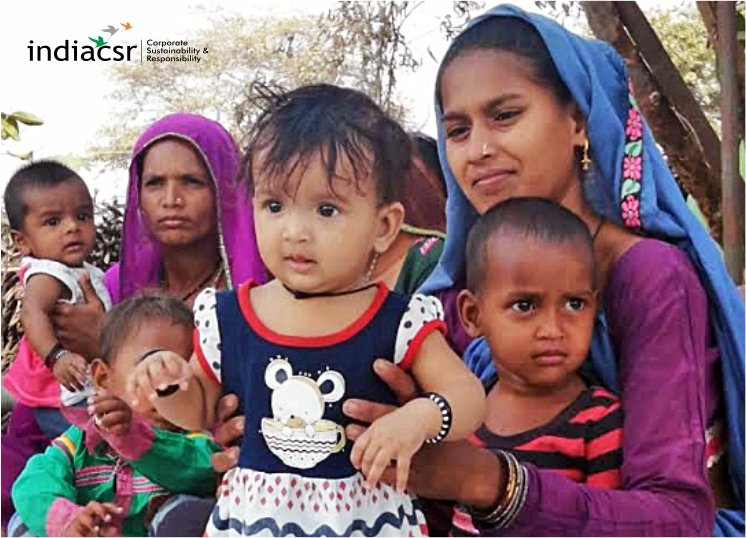As governments, corporates, and Social organizations seek to provide relief and support recovery from the COVID-19 pandemic, ARCH Foundation’s Unnati Initiative focuses largely on challenges faced by women and adolescent girls in rural-income settings and implement evidence-based solutions to support an inclusive recovery.

Currently, the majority of the funds are channelized towards COVID relief work and while that is immensely important, various other issues arising as an effect of the pandemic cannot be ignored. We have developed a framework that indicates various challenges faced by women in a remote area; such as, disruption in reproductive and regular health services, loss of income, violence, caregiver burden, and household stress to name a few. We are grateful to our funding partner Voltamp Transformer Pvt. Ltd. who is supporting us to reach out to those who are in need but somehow have gone out of the focus – Says Sonkee Shah, CEO of ARCH Foundation.

Project Unnati views women’s economic empowerment as the transformative process by which women and girls go from having limited power, voice, and choice at home and in the economy to have the skills, resources, and opportunities needed to benefit from economic gains.
Project Unnati will be focusing on four major components –
- Awareness campaign for achieving 100% vaccination in targeted village
- Menstrual and reproductive Health Management through SHGs and frontline health workers
- Digital literacy
- Micro-enterprise creation/strengthening existing livelihood activities
A resource centre has been set up at the cluster level and the change-makers are identified who will be trained to work with the target group to ensure the sustainability of the project in the long run. As a pilot, the project will be covering 500 families from the Savli area of the Vadodara district and will be later expanded to other villages.

Livelihood is an important aspect of this project. Therefore, Women micro-entrepreneurs practicing Agri and Agri-allied trades such as goat-rearing, poultry, dairy, tailoring, and other such activities will be provided training in their respective trades to yield better produce. These women entrepreneurs will also be meticulously trained in enterprise development wherein they will be taught to collaboratively develop market linkages and ascertain higher bargaining rights. Simultaneously, these women entrepreneurs get training on using the digital platform to perform business transactions through digital modes of payment.







